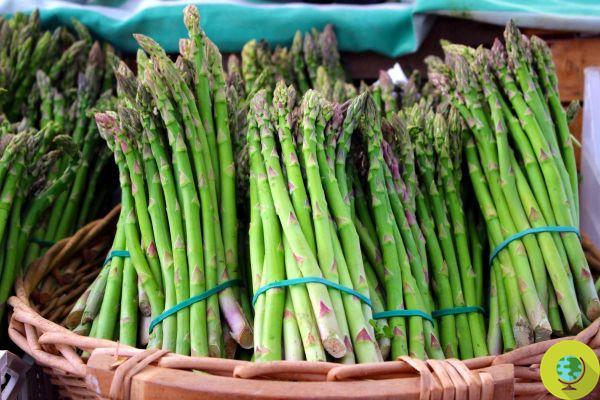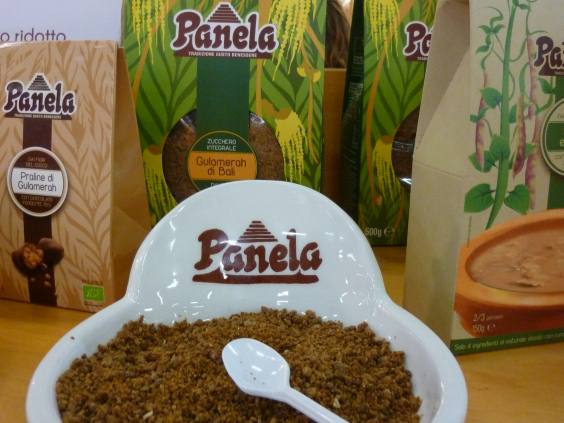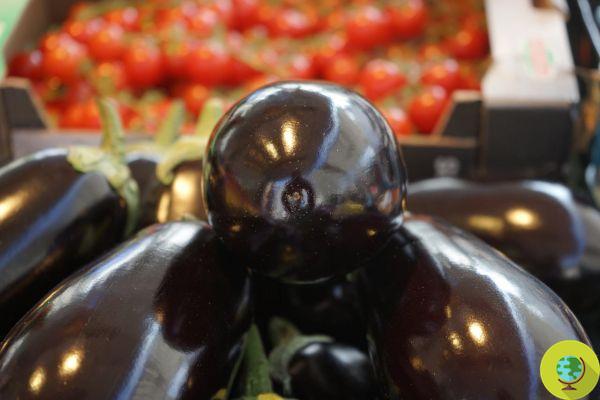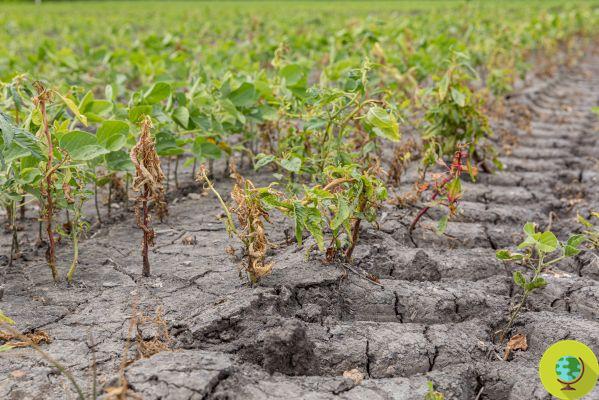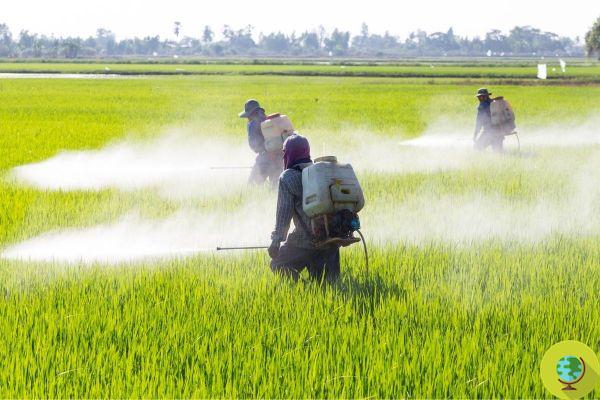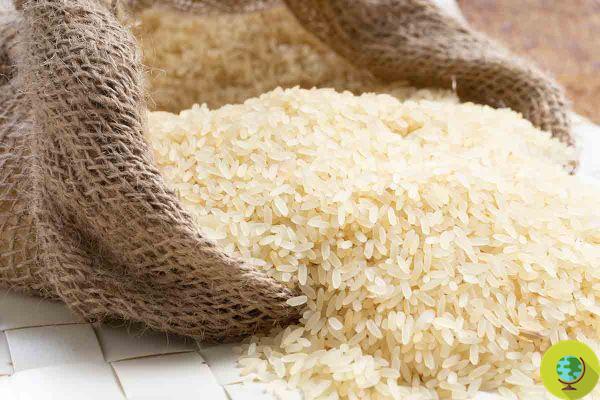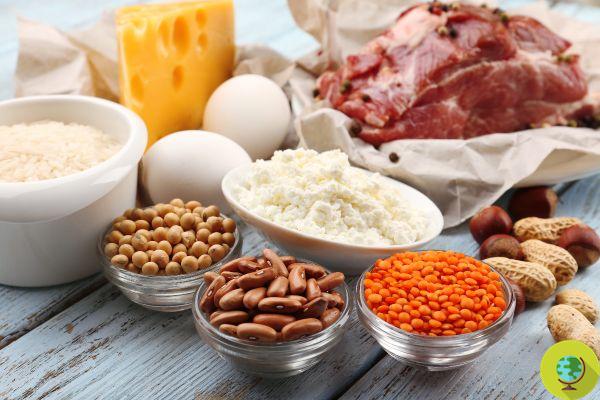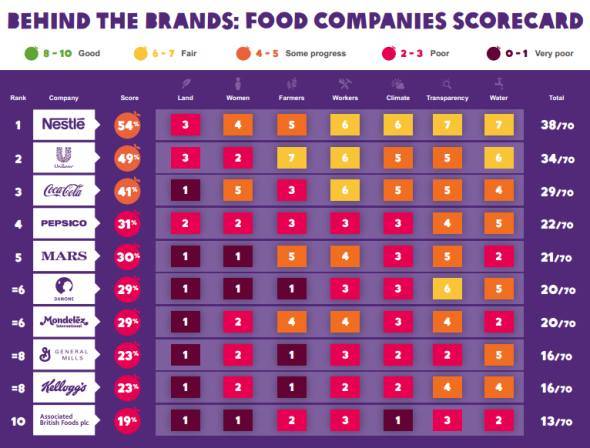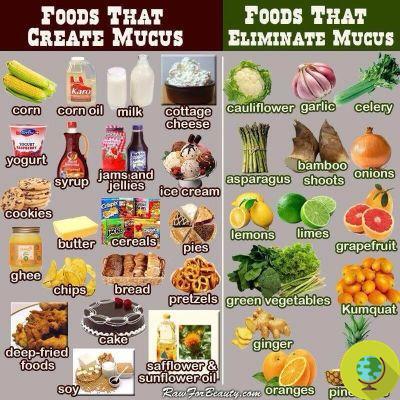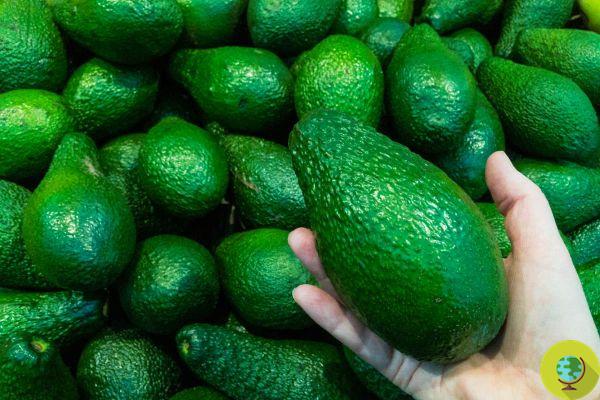
The proteins present in key crops such as rice and wheat could drastically decline in the coming years. According to a new study, this would be one of the dramatic effects of global warming.
Don't store avocado like this: it's dangerous
The proteins present in key crops such as rice and wheat could drastically decline in the coming years. According to a new study, this would be one of the dramatic effects of overheating of our planet.
The increased emissions of carbon dioxide will also have as a consequence that of greatly reduce the amount of protein in the foods most consumed by the world population with dramatic repercussions on health.
About 150 million people around the world could in fact run into protein deficiencies by 2050 precisely due to an increase in C02 levels in the atmosphere. To say it is a report conducted by a research team of theHarvard University pubblicato su Environmental Research Letters.
"If CO2 levels continue to rise as expected, populations of 18 countries could lose more than 5% of their proteins by 2050 due to a decrease in the nutritional value of rice, wheat and other main crops, ”the report reads.
In fact, the researchers calculated that by that date, CO2 concentrations will be so high that the barley protein content can be lowered by 14,6%, that of rice by 7,6%, wheat by 7,8% and potatoes by 6,4%.
This is the first study that aims to quantify the impact of global warming on the levels of proteins present in crops. The research was based on data from open field experiments where the plants have been exposed to high concentrations of CO2.
Researchers have not yet succeeded in understand how and why carbon dioxide emissions are able to decrease the presence of proteins and other nutrients from plants. The main hypothesis is that CO2 increases the amount of starch in plants, consequently decreasing that of proteins and other nutrients, but it is necessary to clarify this.
Other research has shown that CO2 increases in the atmosphere it will also reduce the presence of key minerals such as iron and zinc in major crops, leading to further nutritional deficiencies around the world.
And guess what ... Sub-Saharan Africa in particular will be most affected by the problem, where millions of people already do not have enough protein in their diet andSouth Asia where rice and wheat are common products. The health impact of people already living on very low protein levels was calculated by matching the data with the United Nations global food information. A further reduction will create growth problems, increase disease and make early deaths more likely.
On proteins, you may also be interested in:
- THE 10 BEST VEGETABLE SOURCES OF PROTEIN
- VEGETABLE PROTEINS ARE GOOD FOR YOU (AND LIVE LONGER)
- VEGETARIAN AND VEGAN DIET: HOW TO ENSURE ALL THE PROTEIN YOU NEED
in short what lies ahead for our future is not at all a good situation if not, we will all commit ourselves to reducing emissions as soon as possible.




